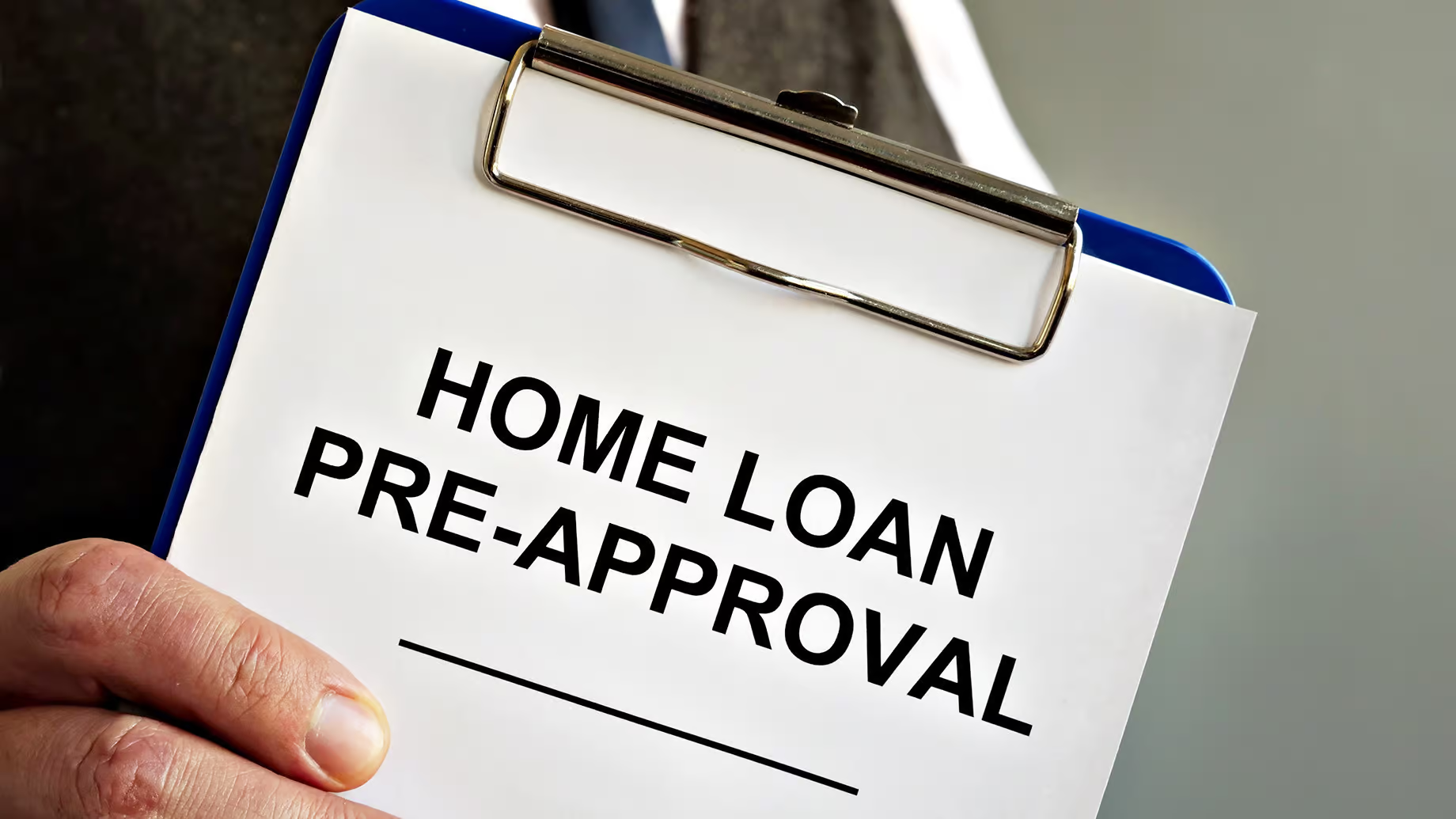
What is Home Loan Pre-Approval?
Home loan pre-approval is a written statement from a lender that confirms how much money they are willing to lend you for the purchase of a home. It’s based on a thorough evaluation of your financial situation, including your income, credit score, debts, and assets. Unlike a pre-qualification, which is a more general estimate, pre-approval is a formal process and gives you a much clearer picture of your borrowing potential.
The Pre-Approval Process
Here’s a step-by-step breakdown of how the pre-approval process works:
- Submit an Application: You’ll need to provide the lender with information about your income, employment, debts, and assets. This will likely include documents such as pay stubs, tax returns, bank statements, and other financial records.
- Credit Check: The lender will pull your credit report to assess your credit score and credit history. A good credit score is essential for securing favorable loan terms.
- Debt-to-Income (DTI) Ratio Calculation: The lender will calculate your DTI ratio, which compares your monthly debt payments to your monthly gross income. Lenders use this to determine your ability to manage monthly payments.
- Asset Verification: The lender will also review your bank accounts, savings, and investments to confirm you have enough funds for a down payment, closing costs, and reserves.
- Pre-Approval Letter Issued: If everything checks out, the lender will issue a pre-approval letter, specifying the loan amount you are eligible to borrow.
Why is Home Loan Pre-Approval Important?
- Know Your BudgetPre-approval helps you understand exactly how much you can borrow, allowing you to set a realistic budget for your home search. It prevents you from wasting time looking at homes that are out of your financial reach.
- Shows Sellers You’re SeriousWhen you submit an offer on a home, having a pre-approval letter shows the seller that you are a serious, qualified buyer. In competitive markets, this can give you an edge over other buyers who have not yet been pre-approved.
- Streamlines the Home Buying ProcessPre-approval speeds up the entire home-buying process. Since much of the paperwork and verification are already completed, the closing process can be faster, making it more attractive to sellers.
- Lock in Competitive Interest RatesPre-approval helps you secure a better understanding of the loan amount you can get, which allows you to shop for the best interest rates. You may be able to lock in a rate while you search for a home, ensuring you get the best deal.
Differences Between Pre-Approval and Pre-Qualification
It’s important to differentiate between pre-approval and pre-qualification:
| Pre-Qualification | Pre-Approval |
|---|---|
| Informal estimate of loan eligibility. | Formal evaluation with verification of financial documents. |
| Lender doesn’t check credit or income in depth. | Lender checks credit score, income, assets, and debts. |
| Fast, often takes only a few minutes. | Takes longer—typically a few days or longer. |
| Not a guarantee of loan approval. | A stronger indication of loan eligibility, but not a guarantee. |
While pre-qualification can be a good starting point, pre-approval holds more weight in the eyes of sellers and real estate agents.
How Long Does Pre-Approval Last?
Home loan pre-approval typically lasts for 60 to 90 days. If the pre-approval expires before you purchase a home, you may need to update your information with the lender and go through the process again. This ensures your financial details remain up to date.
What to Do After Getting Pre-Approved
Once you’ve been pre-approved for a home loan, here are the next steps to take:
- Find a Real Estate Agent: Partner with a local agent who knows the market and can help you find homes within your budget.
- Start House Hunting: Use your pre-approval amount to narrow down your home search. Keep your pre-approval letter handy for when you’re ready to make an offer.
- Stay Financially Stable: Avoid making major financial changes during the home-buying process. Lenders may check your credit and finances again before final approval, and large purchases or changes could impact your loan approval.
- Get a Home Inspection: Once you’ve chosen a property, ensure it’s in good condition by hiring a professional home inspector to assess the home’s structure and systems.
Common Mistakes to Avoid During Pre-Approval
- Don’t Open New Credit Accounts: Taking on new debt can negatively impact your credit score and your debt-to-income ratio, potentially affecting your pre-approval.
- Don’t Make Large Purchases: Avoid large purchases (such as buying a car) during the process. It can impact your finances and loan approval.
- Don’t Miss Payments: Make sure all your financial obligations are paid on time during the pre-approval process. Missed payments could damage your credit score.
Conclusion
Home loan pre-approval is a critical step in the home-buying process, offering many advantages such as understanding your budget, making your offer more appealing to sellers, and streamlining the overall process. By completing the pre-approval process early, you position yourself as a serious buyer, giving you a competitive edge in today’s real estate market.
Remember, securing pre-approval is not the same as being guaranteed a loan. It’s essential to stay financially stable throughout the process to ensure a smooth transition from pre-approval to loan approval. If you're considering buying a home, start the pre-approval process today to set yourself up for success!






